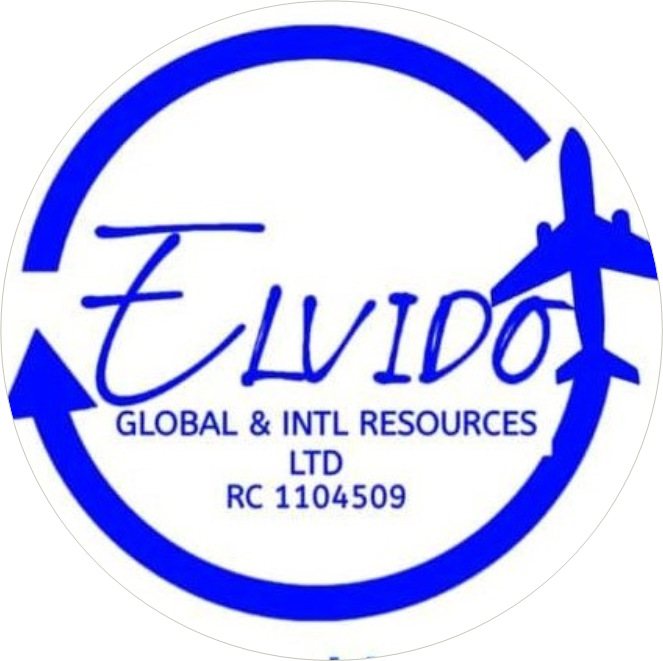Introduction
When you're planning a trip abroad, one of the things that often pops into your mind is, "How long does it take to get a visa?" It's a common question, and in this straightforward guide, we'll break it down for you. We'll explore what affects visa processing times and explain the options you have. So, let's dive in and make your travel preparations a breeze!
Visa Processing Time Basics
What's Visa Processing Time?
Visa processing time simply means how much time it takes for immigration authorities to review your visa application and decide whether to approve or deny it. Several factors play a role in determining this time.
What Factors Affect Visa Processing Time?
Here are the key factors that can speed up or slow down the visa processing clock:
1. Type of Visa
Different visas have different processing times. For instance, a tourist visa might be quicker to process than a work or immigration visa.
2. Destination Country
The country you're planning to visit matters. Some countries have simpler and quicker visa procedures, while others have more complex ones that take longer.
3. Number of Applications
The volume of visa applications can affect processing times. During busy travel seasons, there can be more applications to handle, leading to longer processing times.
4. Accurate Application
A well-prepared and error-free application is crucial. Any mistakes or missing information can delay the process.
5. Interviews
Certain visas require applicants to attend interviews at embassies or consulates. Scheduling and attending these interviews can add extra time to the process.
Types of Visas and How Long They Take
Let's take a quick look at different visa types and their general processing times:
1. Tourist Visas
Processing Time: Usually, tourist visas have a shorter processing time, ranging from a few days to a few weeks, depending on the destination country.
Pros:
- Quick processing is ideal for short vacations.
- Minimal documentation required.
Cons:
- Limited stay duration.
- Often not extendable.
2. Work Visas
Processing Time: Work visas often take longer, typically several months. The complexity of the application and background checks contribute to this wait.
Pros:
- Legal work opportunities abroad.
- Potential for a long-term stay.
Cons:
- Extensive documentation and verification.
- Longer processing may affect job prospects.
3. Student Visas
Processing Time: Student visas usually need a moderate amount of time, often a few months. This allows students to prepare adequately for their studies abroad.
Pros:
- Access to foreign education.
- Chance for cultural exchange.
Cons:
- Limited work options in some cases.
- Admission requires extensive documentation.
Visa Processing Options
1. Standard Processing
Processing Time: Standard processing times vary by visa type and country, usually taking a few weeks to several months.
Pros:
- Usually the most cost-effective choice.
- Suitable for well-planned trips.
Cons:
- Longer processing may require advanced planning.
2. Expedited Processing
Processing Time: Expedited processing, also known as rush processing, can significantly reduce waiting times, often taking only a few days to a few weeks.
Pros:
- Ideal for last-minute travel plans.
- Faster decision-making.
Cons:
- Typically comes with higher fees.
- Availability varies based on the visa type.
Pros and Cons of Visa Processing Options
Now, let's weigh the pros and cons of the two main visa processing options:
| Processing Option | Pros | Cons |
|---|---|---|
| Standard Processing | - Cost-effective<br>- Good for well-planned trips | - Longer processing times<br>- Not suitable for urgent plans |
| Expedited Processing | - Faster decisions<br>- Great for last-minute plans | - Higher processing fees<br>- Availability varies by visa type |
Conclusion
Understanding visa processing times is essential when planning your international journey. The type of visa you need, your destination, and your travel timeline all influence your choice of processing option. Whether you opt for standard or expedited processing, thorough preparation and accuracy in your application are key. Remember that visa processing times can change, so it's wise to check with the embassy or consulate for the most current information before applying. Bon voyage!
Disclaimer: The information provided in this article is for general informational purposes only. Visa processing times and requirements may change, so consult the appropriate authorities or seek legal advice for the most accurate and up-to-date information regarding your specific visa application.



Do leave your comments